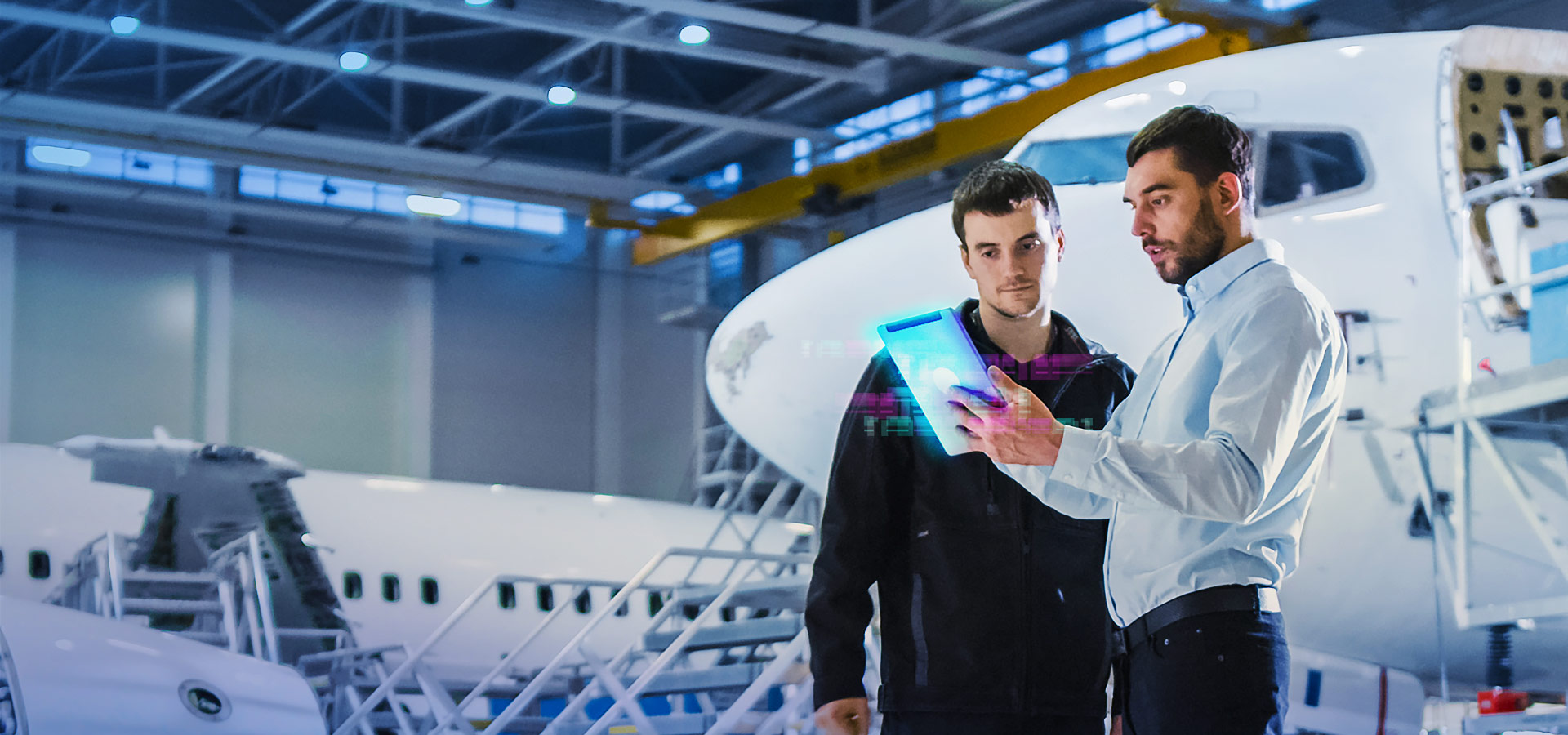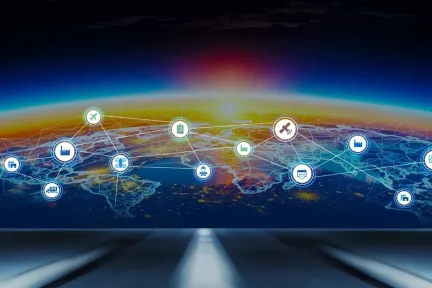#19: How Can Trends Influence Innovation in Aerospace and Defense?
Tune in to explore how virtual twin technology enables top aerospace companies to manage conflicting trends, speed up development and reduce costs.
#19: How Can Trends Influence Innovation in Aerospace and Defense?
Get ready to be inspired by Morgan Zimmermann and David Ziegler from Dassault Systèmes as they share groundbreaking solutions to today’s challenges in aerospace and defense. Discover how virtual twin experiences and data science are driving transformation, enabling aerospace companies to tackle these issues head-on, especially in the era of supply chain disruptions.
Click here to find out more.
Meet our speakers
“In aerospace and defense, the major challenge is solving paradigms. How do we manage opposing trends? We need to develop faster to accommodate the growing complexities of products while keeping costs down. By elevating raw data to actionable knowledge and know-how, we can drive efficiency gains.”
David Ziegler
Read the transcript
Narrator: This is Disruptors Unleashed, where we explore innovative technologies and chat with the trailblazers who are redefining industries as we know them. In our last episode, we discussed how MODSIM transforms high-tech engineers, enhancing their speed, efficiency and performance to the next level.
Today, Morgan Zimmermann, the CEO of NETVIBES, and David Ziegler, Vice President of the Aerospace & Defense Industry, will take you deep into the heart of the aerospace and defense industry. Together, they’ll unveil the secrets behind how top aerospace companies handle conflicting trends, accelerate development and drive down costs through virtual twin experiences. Learn how this data science-powered technology isn’t just solving today’s challenges but reshaping the future of aerospace innovation in ways beyond imagination.










